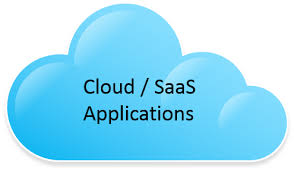
What is an In-House Server? As the name suggests, an in-house server is a server that is stored and maintained in your physical office space. Therefore, there is no need for an internet connection to access your data. You have physical control over your backup at all times.
An in-house server can be beneficial for many reasons. First, it keeps all critical and sensitive information at your fingertips and away from third parties. This option can also be more cost-effective for small to mid-sized businesses. In-house servers have a few downsides as well. For instance, they require a substantial investment in infrastructure and hardware. Additionally, you will need physical space to store your server, such as a closet or rack. In-house servers can potentially be more vulnerable in disaster situations. In order to protect your data, it must be moved offsite routinely.
Network security is essential — more so than ever before. That’s why a Virtual Private Network (VPN) for business is now less of an optional extra and more of a requirement. A VPN is a security solution that provides a tunnel between your organization’s resources and the employees accessing them. In essence, only employees connected to the VPN servers can access company resources on the network. Since this tunnel is encrypted end-to-end, businesses need not worry about unwanted access or visibility into their network — ensuring complete protection and anonymity of all traffic. NordLayer remote access solution is designed specifically for businesses — allowing you to mitigate risk, facilitate remote work, and protect your company against cyber threats.

© 2009-2023 Nukiesoft - All rights reserved.